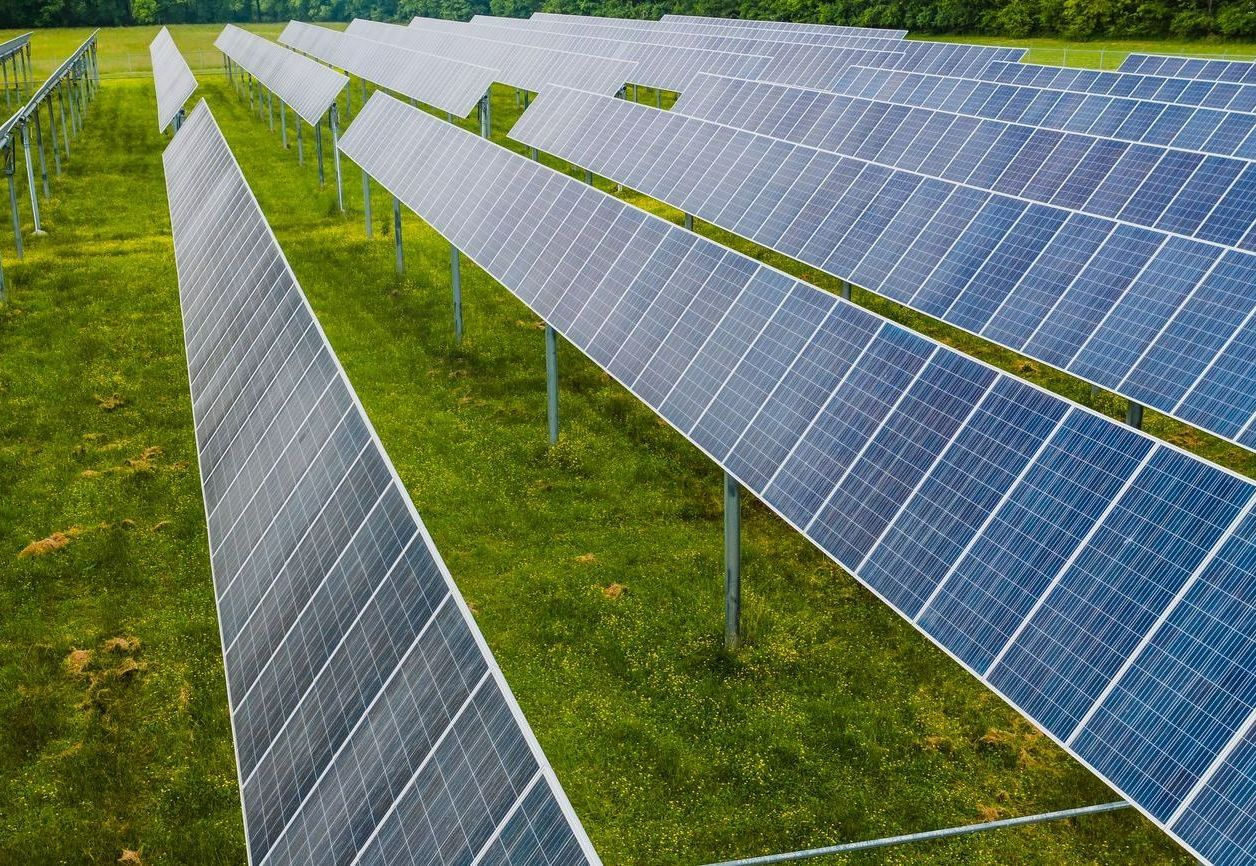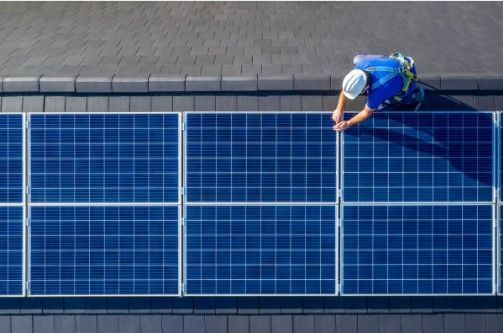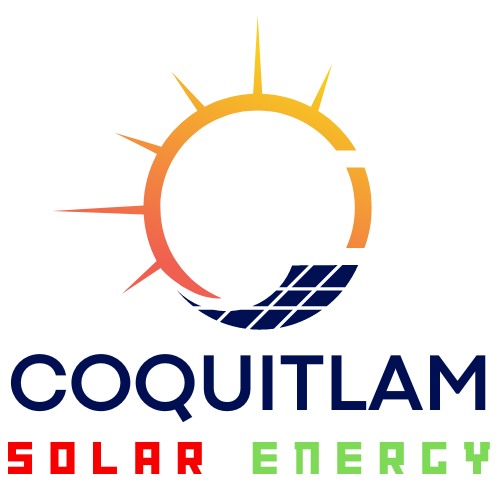Solar Energy System Installers' Tips on Financing Your Solar Installation
The evolving landscape of technology and the declining costs have led more individuals to explore solar power systems. One of the primary considerations when investing in a solar energy system is finding the right financial solution. There are different financing options available for your solar installation. Local solar installers state that they include cash purchases, solar loans, leases, and PPAs.
1. Cash Purchase
A cash purchase is a financing method for a solar installation in which the system is bought outright using personal funds or savings, with no loans or leases involved. This means the homeowner owns the solar system without ongoing financial obligations from day one.
Pros
-
Immediate Ownership
With a cash purchase, you own your solar system outright from day one. This means you reap all the benefits of solar energy without ongoing financial commitments.
-
Maximized Savings
Your overall savings can be higher in the long run since you don't have to pay interest on a loan or lease.
-
Increased Property Value
Installing a solar system can power up your property's resale value, making it a smart investment.
-
Tax Benefits
You can be eligible for federal and state tax incentives, such as the Investment Tax Credit (ITC), which can significantly reduce upfront costs.
Cons
-
Upfront Cost
The most significant drawback of a cash purchase is the substantial upfront cost, which can be a barrier for many homeowners.
-
Opportunity Cost
Investing in solar can cause you to miss other investment opportunities, as your capital will be tied up in the system.
2. Solar Loans
Solar loans are a financing option for solar energy installations where homeowners or businesses borrow money to cover the system's upfront cost. They repay the loan over time, typically with interest, while gaining ownership of the solar system.
Pros
-
Lower Initial Investment
Solar loans allow you to spread the cost of your solar system over time, making it more affordable upfront.
-
Ownership Benefits
As the system owner, you can benefit from tax incentives and increased property value.
-
Savings Over Time
Solar loans result in lower monthly energy bills, and once the loan is paid off, you'll enjoy free electricity.
-
Fixed Interest Rates
Many solar loans offer fixed interest rates, stabilizing your monthly payments.
Cons
-
Interest Payments
Though you'll save money on energy expenditures, you'll still have to pay interest on the loan, which could cut your overall savings.
-
Credit Approval
Loan approval is contingent on your credit score, which can be a barrier for some homeowners.
-
Obligations
Taking out a loan comes with obligations and the need for good financial planning to meet the payment schedule.
3. Solar Leases and Power Purchase Agreements (PPAs)
These are alternative financing arrangements for solar energy installations. In a solar lease, the homeowner or business pays a regular fee to "lease" the solar system, focusing on using the electricity generated. In a PPA, the homeowner or business agrees to buy solar energy from the main system at a predetermined rate without owning the equipment. Both options require little to no upfront payment but do not provide ownership benefits.
Pros
-
Low Upfront Costs
Leases and PPAs require little to no upfront payment, making solar energy accessible to a broader range of homeowners.
-
Maintenance Included
Leases and PPAs often have fixed monthly payments that can be lower than your previous energy bills.
-
Performance Guarantees
Solar companies usually guarantee a minimum level of energy production, ensuring you get what you pay for.
Cons
-
No Ownership Benefits
With leases and PPAs, you do not own the system, so you cannot take advantage of tax incentives, property value increases, or long-term savings.
-
Long-Term Contracts
Leases and PPAs often require long-term commitments, limiting your flexibility and potentially creating challenges if you sell your home.
-
Limited Savings
While you can save on your energy bills, the overall savings can be less than owning a system.
-
Credit Requirements
Leases and PPAs can have credit score requirements similar to solar loans.
4. Solar Incentives and Rebates
In addition to the financing options mentioned, various incentives and rebates are available to help reduce the overall cost of your solar installation. These can apply regardless of your financing method. Below are some of the most common incentives:
Pros
-
Federal Tax Incentives
The Investment Tax Credit (ITC) allows you to deduct a percentage of your solar system's cost from your federal taxes.
-
State and Local Incentives
Canada offers additional incentives, such as rebates or tax credits, further reducing costs.
-
Net Metering
Net metering allows you to sell excess helpful electricity to the grid, potentially earning you credits on your utility bill.
-
Solar Renewable Energy Certificates (SRECs)
Some states offer SRECs that let you sell the environmental benefits of your solar energy, providing an additional revenue stream.
-
Utility-Specific Incentives
Some utilities offer incentives or discounts for installing solar systems, which can further boost your savings.
Cons
-
Incentive Availability
The availability and value of incentives vary by location and can change over time. Always do prior research on what is available in your area.
-
Administrative Burden
Applying for incentives and rebates can be time-consuming and can require extensive paperwork.
-
Upfront Costs
While incentives reduce overall costs, they don't eliminate them, so you'll still need a financing method to cover the remaining expenses.

Solar Installation Costs
The typical cost of installing a 7.5kW solar photovoltaic (PV) system in Canada is $25,050, which translates to approximately $3.34 per watt. This marks an increase from the 2021 average cost of $3.01 per watt.
Nonetheless, the
pricing
of solar power installations is subject to variation based on factors like the system's size, eligibility for solar incentives, equipment choices, and even the specific Canadian province where the installation occurs.
Ultimately, determining the total expenditure for your solar power system hinges on two primary factors:
- The rate you acquire your system (measured in dollars per watt).
- The system's size is required (measured in watts).
Your Search for "Solar Panel Installers Near Me" Ends Here
Financing a solar power installation is an important decision that depends on your financial situation and goals. Each financing option has advantages and drawbacks, so weighing them is essential.
When financing your solar installation, seeking guidance and expertise from a trusted
solar energy system installer
is crucial. Coquitlam Solar Energy can offer personalized advice, assess your specific needs, and provide valuable insights into the leading financing options available in your area. So, don't hesitate to contact solar panel installers near you to get the assistance you need on your solar energy journey.

Frequently Asked Questions
-
What Are Some Financing Options Available for Solar Installations?
Financing options for solar installations include cash purchases, solar loans, solar leases, power purchase agreements (PPAs), and various government incentives and rebates.
-
What Are the Potential Long-Term Savings and Benefits of Financing a Solar Installation?
Financing a solar installation can lead to long-term savings on your energy bills and increase the value of your home. Additionally, you'll contribute to a reduction in your carbon footprint and dependence on fossil fuels.
-
How Do I Choose a Reputable Solar Installer To Help With Financing Options?
Look for licensed and certified solar installers with a track record of successful installations. Reading reviews, getting referrals, and obtaining multiple quotes can help you choose the right installer.
CONTACT
Telephone: 604-337-1958
E-mail: info@coquitlamsolarenergy.ca
LOCATION
Coquitlam, BC V3B 0A4, Canada
Coquitlam Solar Energy | All Rights Reserved | 2023
